‘Stain on human history’: US rights groups slam Israel’s ‘policy’ of starvation in Gaza
The chorus of anger over Israel’s “declared policy” of starvation in war-torn Gaza has gathered more voices in the US, with the Council on American-Islamic Relations (CAIR) joining the Israeli human rights organization B’Tselem to condemn the Israeli starvation and slam the “gruesome tactic” that “violates international law.”
CAIR National Executive Director Nihad Awad said in a statement on Monday that “shocking images” of starving women and children in Gaza will “remain forever as a stain on human history.”
“It is unconscionable that the Biden administration continues to support the far-right Israeli government’s declared policy of starvation of the entire population of Gaza, a gruesome tactic that is a clear violation of international law,” Awad said.
B’Tselem warned in a paper issued on Monday that Gaza’s 2.3 million population is going hungry, saying that this is not a byproduct of war but a “direct result of Israel’s declared policy” which denies Gazans food.
“Gazans now depend entirely on supplies from outside, as they can no longer produce almost any food themselves,” B’Tselem said.
1/5 The 2.2 million people of Gaza are going hungry. This is not a byproduct of war but a direct result of Israel’s declared policy, which denies them food. Gazans now depend entirely on supplies from outside, as they can no longer produce almost any food themselves. pic.twitter.com/MKbB19ruPX
— B'Tselem בצלם بتسيلم (@btselem) January 8, 2024
“Most cultivated fields have been destroyed, and accessing open areas during the war is dangerous in any case. Factories and warehouses have been bombed or shut down due to lack of supplies, fuel, and electricity; stockpiles in private homes and stores have long since run out,” it added.
The rights group also lashed out at Israel for letting “only a fraction of the amount entering [the besieged territory] before the war” and also putting restrictions on the “types of goods” and how they are brought in and distributed.
“The result is inconceivable: images of children begging for food, people waiting in long lines for paltry handouts, and hungry residents charging at aid trucks. The horror is growing by the minute and the danger of famine is real, yet Israel persists in its policy,” it said.
It highlighted that allowing food into Gaza is “not just a moral obligation” or “an act of kindness,” rather refusing to comply with this duty is a “war crime.”
In December, the Integrated Food Security Phase Classification (IPC) Famine Review Committee (FRC) revealed in a report on the situation in Gaza that at least one in four households (more than half a million people) in the Gaza Strip are facing “catastrophic” acute food insecurity conditions.
The United Nations humanitarian chief Martin Griffiths has described Gaza as “uninhabitable” three months into Israel’s war on the Strip, warning that famine was looming and a public health disaster unfolding.
At the start of the war early in October, Israeli officials pledged to block the delivery of humanitarian aid to Gaza by laying a “total siege” on the Strip.
Israel has so far killed more than 23,000 Palestinians, most of them women and children, while leaving nearly 59,000 injured.
According to a statement by Euro-Mediterranean Human Rights Monitor more than 90,000 people, about 4 percent of the population in Gaza, are dead, wounded, or missing.
Save the Children has found that 10 children a day in Gaza have lost limbs since the start of the war, a number that the organization’s head of conflict and humanitarian policy says is likely to be an underestimate.
D-8’s role in Iran’s economy after Cairo summit
China slams US as ‘war-addicted’ threat to global security
China ‘firmly opposes’ US military aid to Taiwan
VIDEO | Press TV's News Headlines
President Yoon Suk Yeol to be removed from office
At least 19 Gazans killed by Israeli airstrikes since dawn: Medics
Leader: Iran neither has nor needs proxy forces
US fighter aircraft shot down ‘in friendly fire’ amid aggression on Yemen


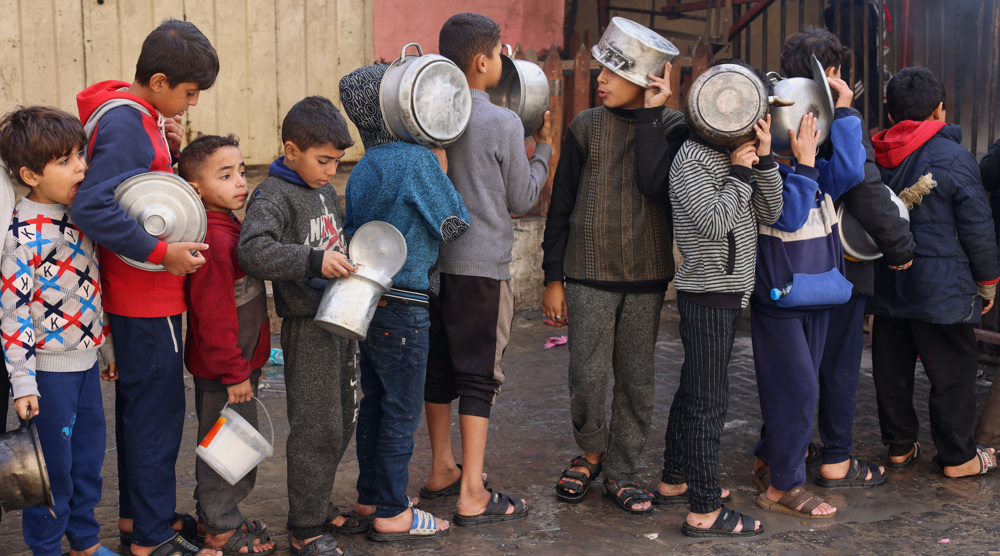
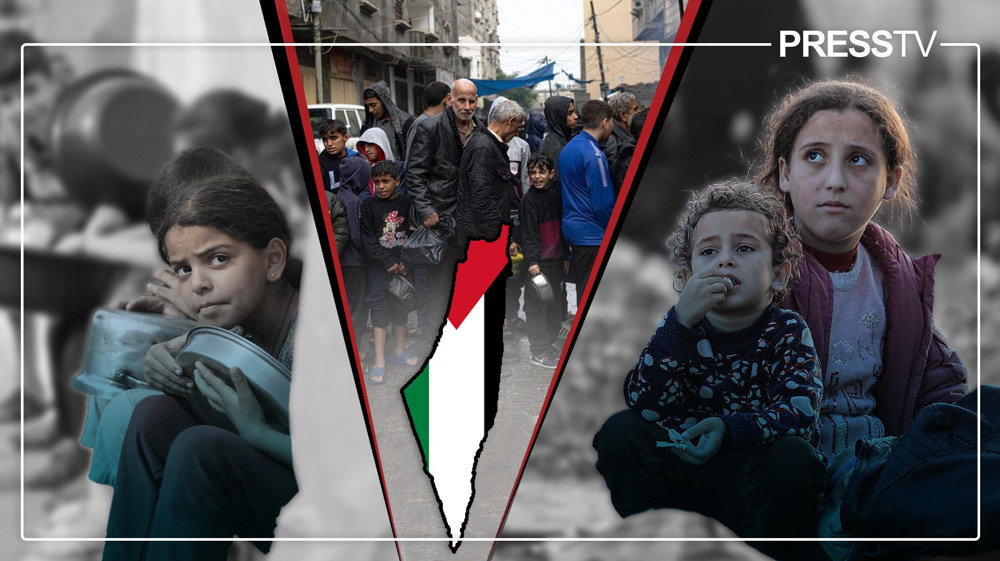

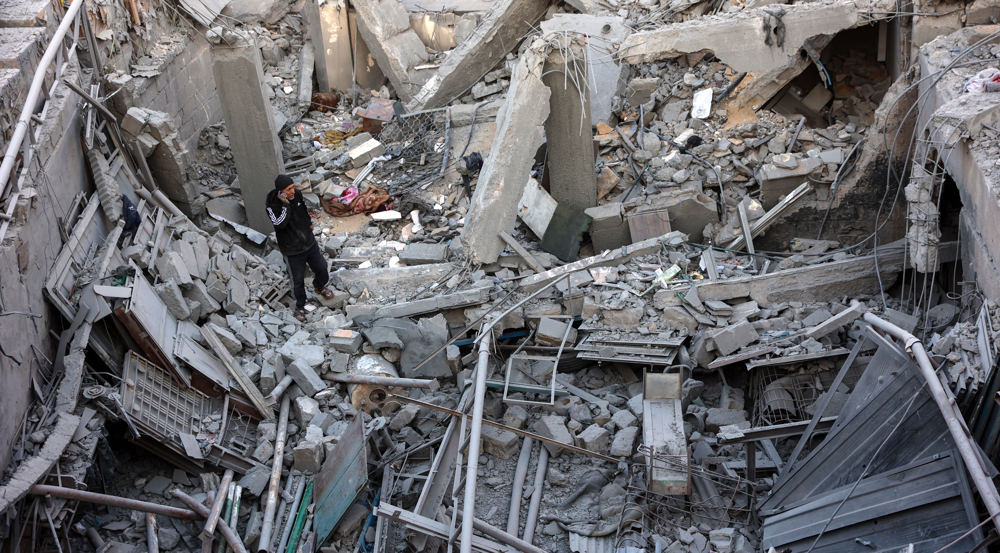




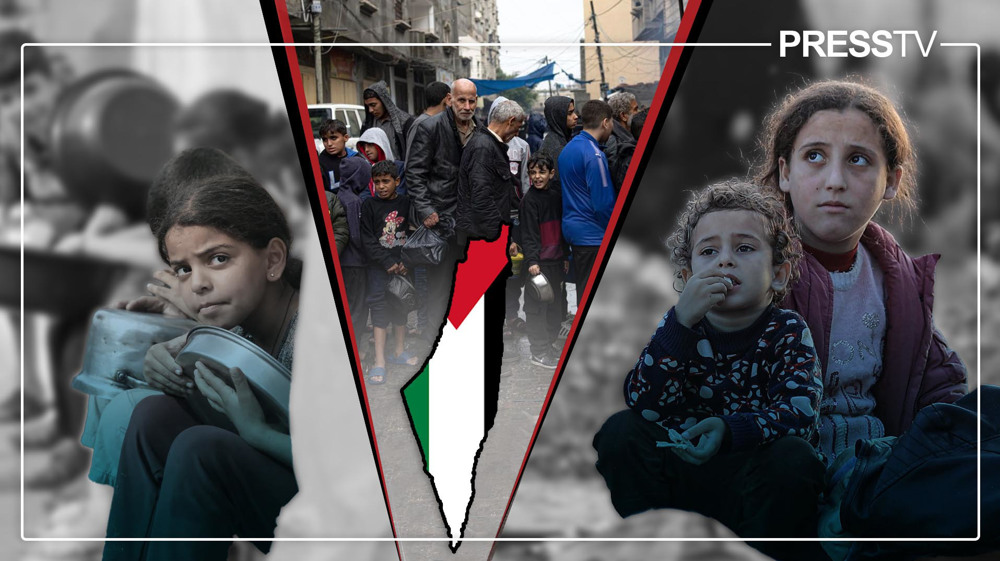
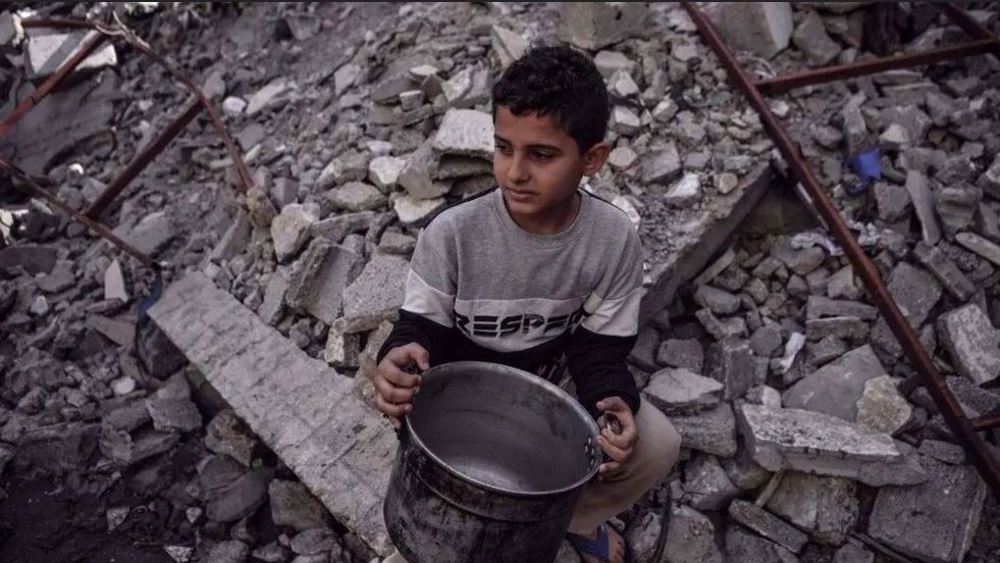
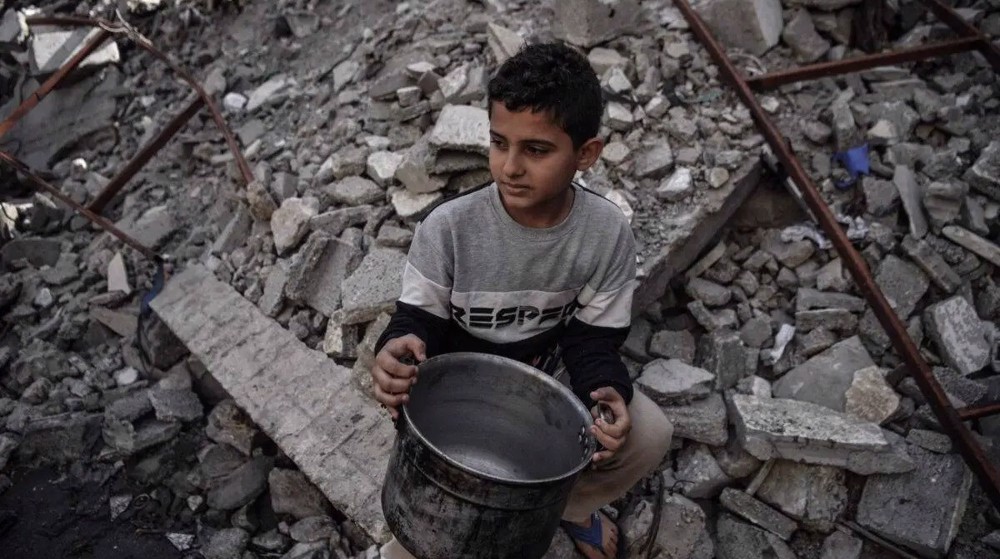
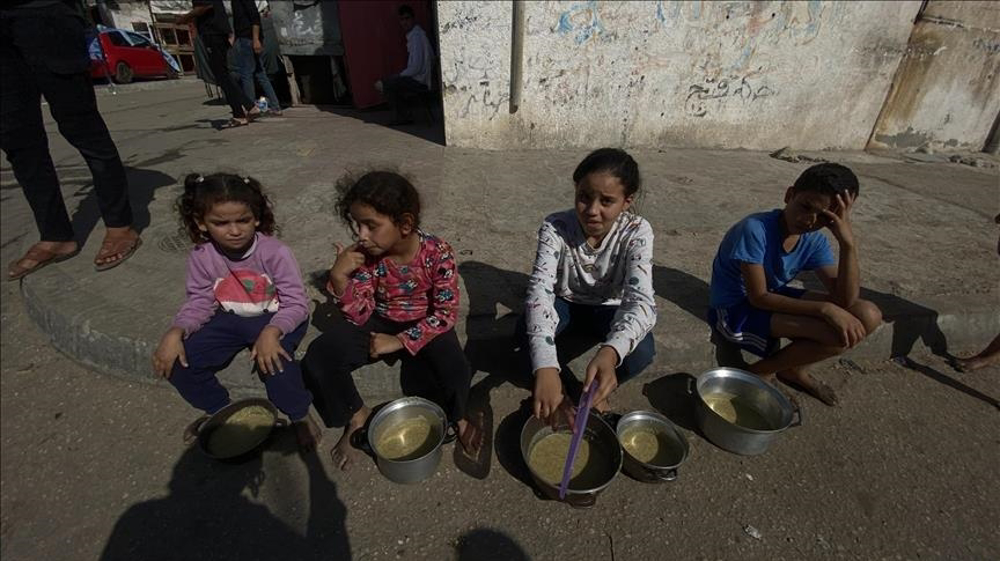

 This makes it easy to access the Press TV website
This makes it easy to access the Press TV website